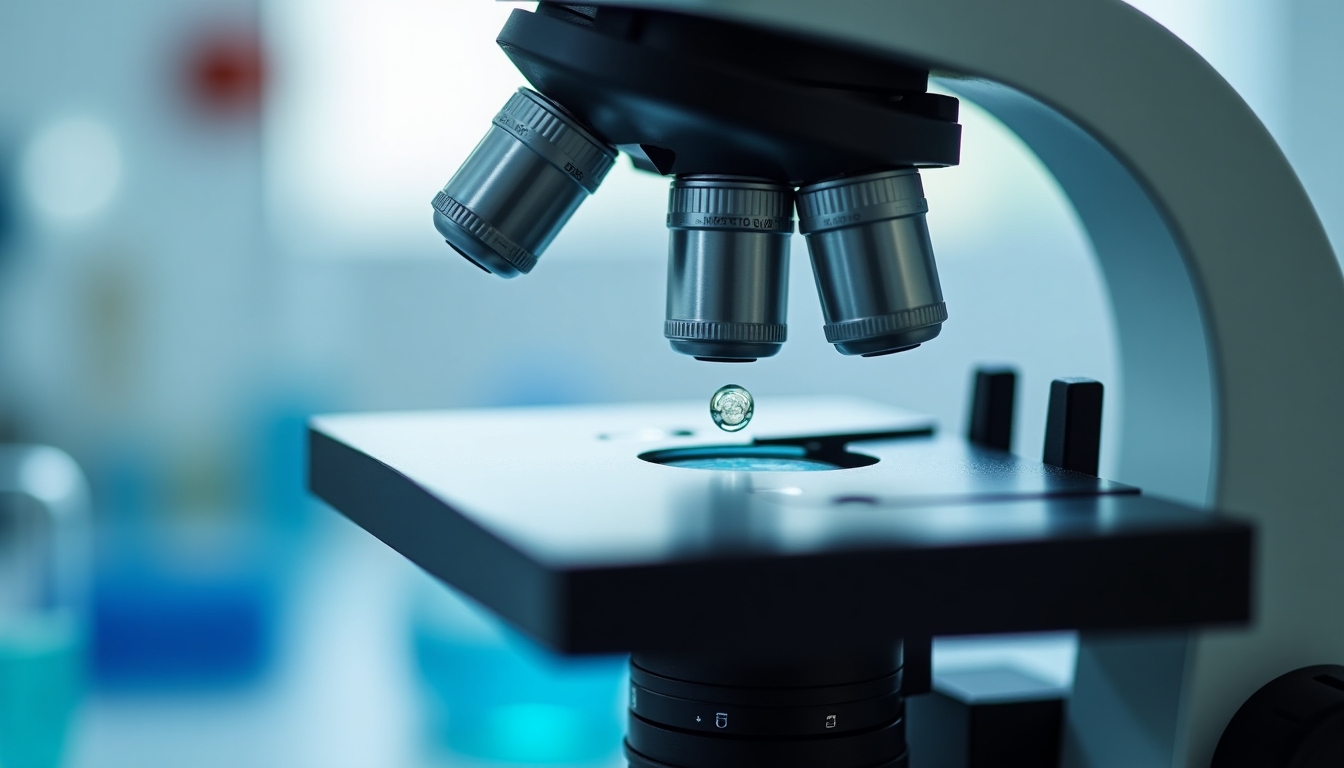Sperm Quality and Environmental Factors: What Every Man Should Know
Dec. 18, 2024, 5:05 p.m.
Understanding the Impact of Environment on Sperm Quality
Recent studies have highlighted the significant impact of environmental factors on sperm quality, offering insights into potential causes of male infertility.

Environmental Factors Affecting Sperm Quality
Environmental factors affecting sperm quality range from pollution to lifestyle choices. Here's what you should know:
- Pollution: Exposure to air and water pollutants can damage sperm DNA.
- Heat: Excessive heat from sources like laptops can reduce sperm production.
- Chemicals: Industrial chemicals such as pesticides are linked to lower sperm counts.
Insights into Modern Lifestyle Effects
While some influences are beyond control, lifestyle changes can help mitigate risks. Avoiding smoking and excessive alcohol consumption are critical. An anecdote from a man who shifted from a high-stress job to a calmer industry noticed significant improvements in his fertility health.

The Science Behind Sperm Quality
Sperm quality refers to the health of sperm, mainly measured by:
- Motility: How well sperm can swim
- Morphology: The size and shape of the sperm
- Concentration: The number of sperm cells in a sample

Personal Tales: Overcoming Challenges
Consider Jim's story, who battled infertility for years. It was after attending a seminar on environmental health and sperm quality that he adopted changes like using organic products and minimizing heat exposure, which led to positive changes in his fertility report.

Practical Steps for Improving Sperm Quality
If you are concerned about your sperm quality, here are actionable steps:
- Reduce Chemical Exposure: Opt for organic produce and natural personal care products.
- Maintain a Balanced Diet: Incorporate foods rich in antioxidants like fruits and vegetables.
- Exercise Regularly: Physical activity boosts testosterone levels, improving sperm quality.
A relatable table outlining these measures:
| Action | Benefit |
|---|---|
| Organic Living | Reduces chemical intake |
| Balanced Diet | Enhances overall health |
| Regular Exercise | Boosts physical wellness |

Conclusion: Navigating Environmental Challenges
In conclusion, acknowledging the role of environmental factors and taking steps towards healthier living can significantly improve sperm quality and tackle male infertility. While lifestyle changes require commitment, the potential health benefits for fertility and general well-being are well worth the effort.
For more in-depth reading, explore the topics below to further empower your knowledge and make informed choices regarding your reproductive health.